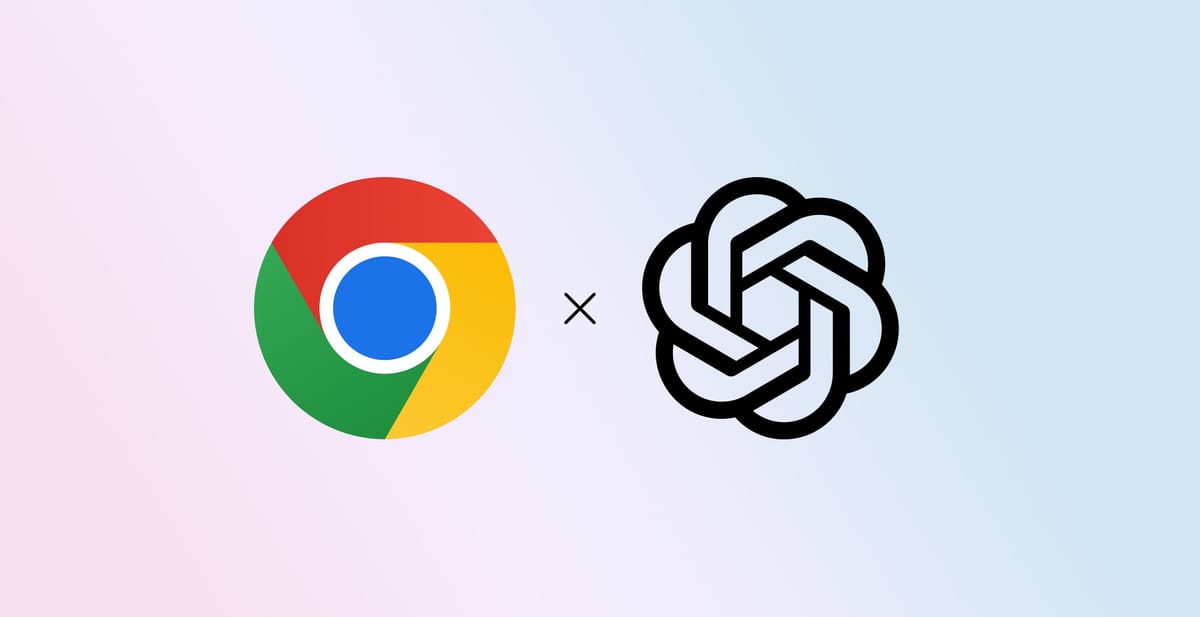
OpenAI has thrown its hat into the ring as a potential buyer for Google Chrome, should antitrust enforcers succeed in forcing Google to divest its popular browser.
Key Points
- ChatGPT's head of product testified in court that OpenAI would purchase Chrome if Google is forced to sell
- Google previously rejected OpenAI's partnership request to use Google search technology within ChatGPT
- The browser acquisition would instantly give OpenAI access to Chrome's 4 billion users
- Judge Mehta is weighing remedies after ruling Google maintains a search monopoly
Nick Turley, head of product for ChatGPT at OpenAI, made the company's intentions clear while testifying Tuesday at Google's ongoing antitrust trial in Washington. When asked directly about OpenAI's interest in acquiring Chrome, Turley was unequivocal: "Yes, we would, as would many other parties," he stated.
The testimony came during the remedies phase of the trial, following Judge Amit Mehta's ruling last year that Google maintains a monopoly in online search and related advertising. The Department of Justice is seeking sweeping measures to restore competition, including forcing Google to sell off Chrome and to share its search index with competitors.
For OpenAI, acquiring Chrome would represent a massive distribution opportunity. The browser commands approximately 67% market share with around 4 billion users worldwide. Turley testified that one of OpenAI's biggest challenges today is distribution, and Chrome integration would allow the company to deliver what he described as "a really incredible experience" that would introduce users to an "AI-first" browsing experience.
This isn't OpenAI's first attempt to collaborate with Google. Turley revealed that OpenAI approached Google last year about a potential partnership that would allow ChatGPT to use Google's search technology. The company reached out after experiencing what Turley described as "significant quality issues" with its current search provider — widely understood to be Microsoft's Bing, though Turley didn't name the company directly.
"We believe having multiple partners, and in particular Google's API, would enable us to provide a better product to users," OpenAI wrote in an email to Google that was presented during the trial. According to Turley, Google declined the request in August, suggesting it would involve too many competitors.
The courtroom revelations provide a rare glimpse into the intensifying AI race, where tech giants and startups are vying for users and data. OpenAI has been developing its own search capabilities, but Turley acknowledged the company is years away from its goal of using proprietary search technology to answer 80% of user queries.
Google, meanwhile, has begun positioning its own AI offerings. Documents presented at trial showed the company had contemplated exclusive deals with Android phone makers for its Gemini AI app alongside its search engine and Chrome browser. More recently, Google began paying Samsung to pre-install Gemini on its phones, though the agreement isn't exclusive.
Turley testified that despite OpenAI's efforts to negotiate with Samsung, they "never got to a point where we could discuss concrete terms," attributing this to Google's superior financial resources.
Judge Mehta, who is expected to decide on remedies by August, has shown some skepticism about the DOJ's Chrome divestiture proposal. Google, for its part, maintains that Chrome cannot survive as an independent entity and plans to appeal the monopoly ruling.
The case highlights growing concerns that Google's search dominance could extend into the AI arena. For OpenAI, which reported over 400 million weekly active users earlier this year, acquiring Chrome would provide invaluable user data that could help train more sophisticated AI models capable of operating browsers on users' behalf.
The trial is scheduled to continue for three weeks, with a final decision on remedies expected by late summer.
